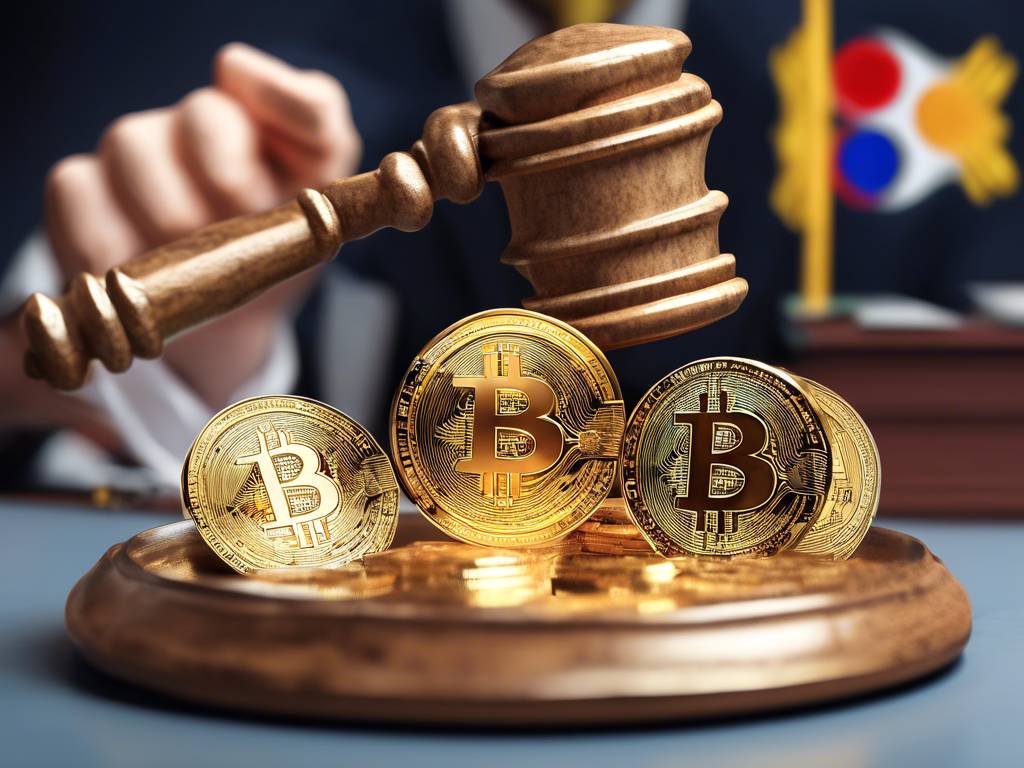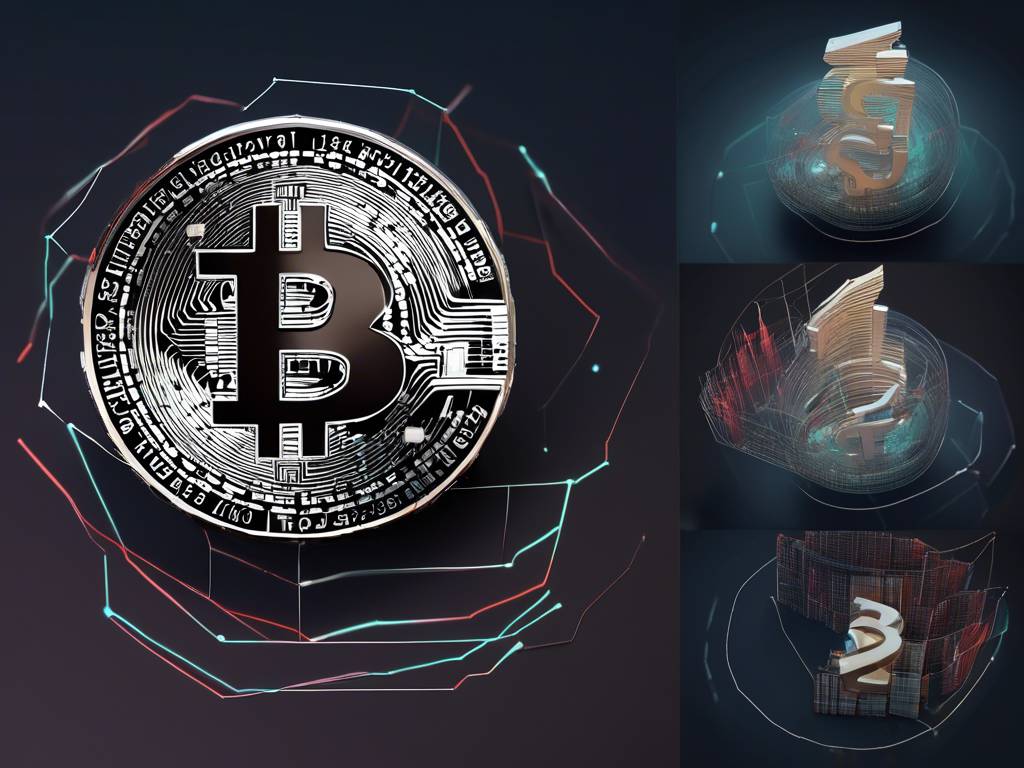Senior South Korean Judges Disclose Their Crypto Holdings – What You Need to Know
It has come to light that various senior judges in South Korea have made public disclosures regarding their holdings in cryptocurrencies, including Bitcoin, Ethereum, and altcoins. These disclosures, which were made up until December 31, 2023, shed light on the extent of crypto ownership among high-ranking judiciary members in the country. Let’s delve into the details of these revelations and what they mean for the crypto landscape in South Korea.
South Korean Judiciary Enters the Crypto Spotlight
In recent months, the South Korean judiciary has found itself embroiled in a crypto-related scandal that has reverberated throughout the legal and financial sectors. The scandal initially began with reports of a lawmaker selling coins based on insider information about forthcoming regulatory changes. Since then, the scandal has widened its scope, implicating not only lawmakers but also prominent members of the judiciary.
- Scope of the Scandal Widens: The scandal initially focused on lawmakers but has now extended to include judges.
- Supreme Court Mandate: Following the scandal, the Supreme Court mandated that senior judges must make annual public disclosures of their asset holdings, including cryptocurrencies, to avoid potential conflicts of interest.
- Comprehensive Declarations: Judges are required to disclose not only their own holdings but also those of their spouses and children, including details of any wallets held in their children’s names.
Insights into Judges’ Crypto Holdings
The disclosures revealed a variety of cryptocurrency holdings among senior judges in South Korea. Chief Justice Lim Byeong-ryeol of the Cheongju District Court reported the largest Bitcoin holdings, with significant amounts held by his family members as well. Additionally, other high-ranking judges, such as Seoul High Court Chief Justice Hwang Byeong-ha and Seoul Bankruptcy Court Chief Justice Ahn Byeong-wook, disclosed their cryptocurrency holdings, offering a glimpse into the extent of crypto ownership within the judiciary.
- Crypto Holdings Breakdown: Chief Justice Lim Byeong-ryeol and his family reported significant Bitcoin holdings, along with holdings of altcoins such as Ethereum, Solana, and XRP.
- Other Judges’ Holdings: Judges like Hwang Byeong-ha and Kim Bok-hyung disclosed their cryptocurrency holdings, providing further insight into the crypto landscape among South Korean judiciary members.
- Family Involvement: Spouses and children of senior judges also reported owning cryptoassets, highlighting the widespread ownership of cryptocurrencies within the judiciary.
Diversification into Unlisted Stocks and Overseas Shares
In addition to cryptocurrency holdings, senior judges were required to disclose their total assets, revealing a varied portfolio that includes unlisted domestic stocks and overseas shares. Some judges showed an interest in blue-chip US stocks, further diversifying their investment portfolios beyond cryptocurrencies.
- Asset Disclosure Requirement: Judges shared details of their total assets, showcasing a range of investments beyond cryptocurrencies.
- Interest in US Stocks: Several judges indicated holdings in blue-chip US companies like Amazon, Apple, Tesla, and Nvidia, reflecting a global investment strategy.
Hot Take: The Impact of Judges’ Crypto Disclosures
The recent public disclosures of cryptocurrency holdings by senior judges in South Korea have brought to light the extent of crypto ownership within the judiciary. These revelations underscore the growing interest in cryptocurrencies among high-ranking officials and indicate a shift towards digital asset investments. As the crypto landscape continues to evolve, the involvement of senior judges in the crypto market could have broader implications for regulation, transparency, and public trust in the legal system.





 By
By
 By
By
 By
By


 By
By